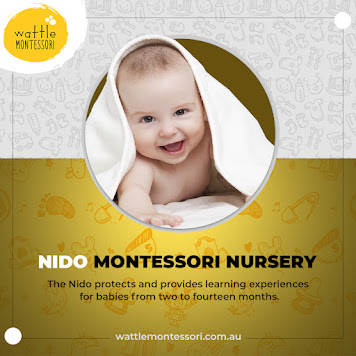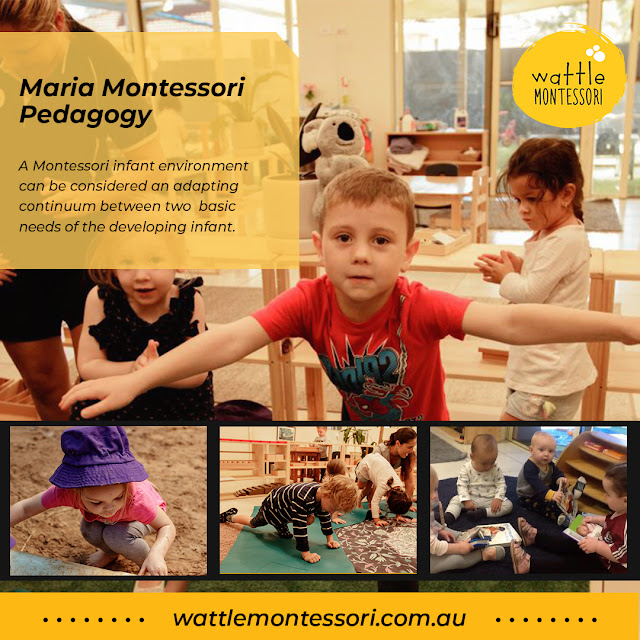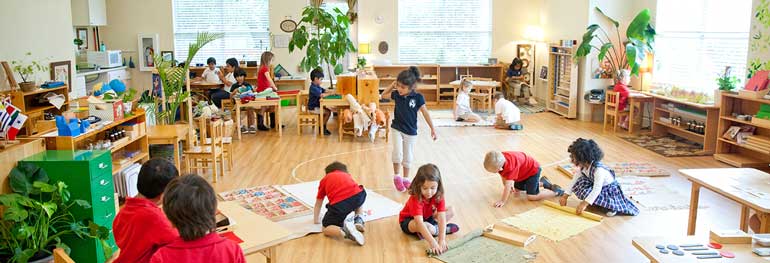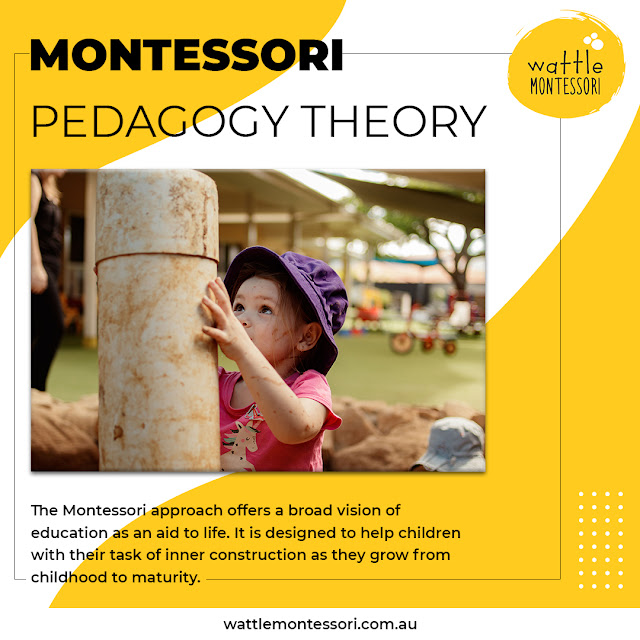Six Key Elements of the Prepared Environment in a Montessori Nido Classroom

Maria Montessori's notion of the "prepared environment" is that the environment may be arranged to allow the child to learn and explore independently to the greatest extent possible. There is a lot of movement and a variety of activities in the planned environment. A Montessori teacher is responsible for preserving the mood and order of the prepared environment and preparing and communicating the environment to the child. A prepared environment in a Montessori Nido Classroom allows each child to reach their most significant potential through developmentally appropriate sensory stimuli. The materials range from simple to sophisticated, concrete to abstract, and are suitable for children of all ages and abilities. As a result, one of the critical components of the Montessori philosophy is the prepared environment of Nido Montessori Nursery . According to Dr Montessori, the learning environment and everything the kid comes into touch with should encourage autonomous learnin...





